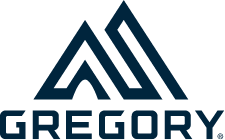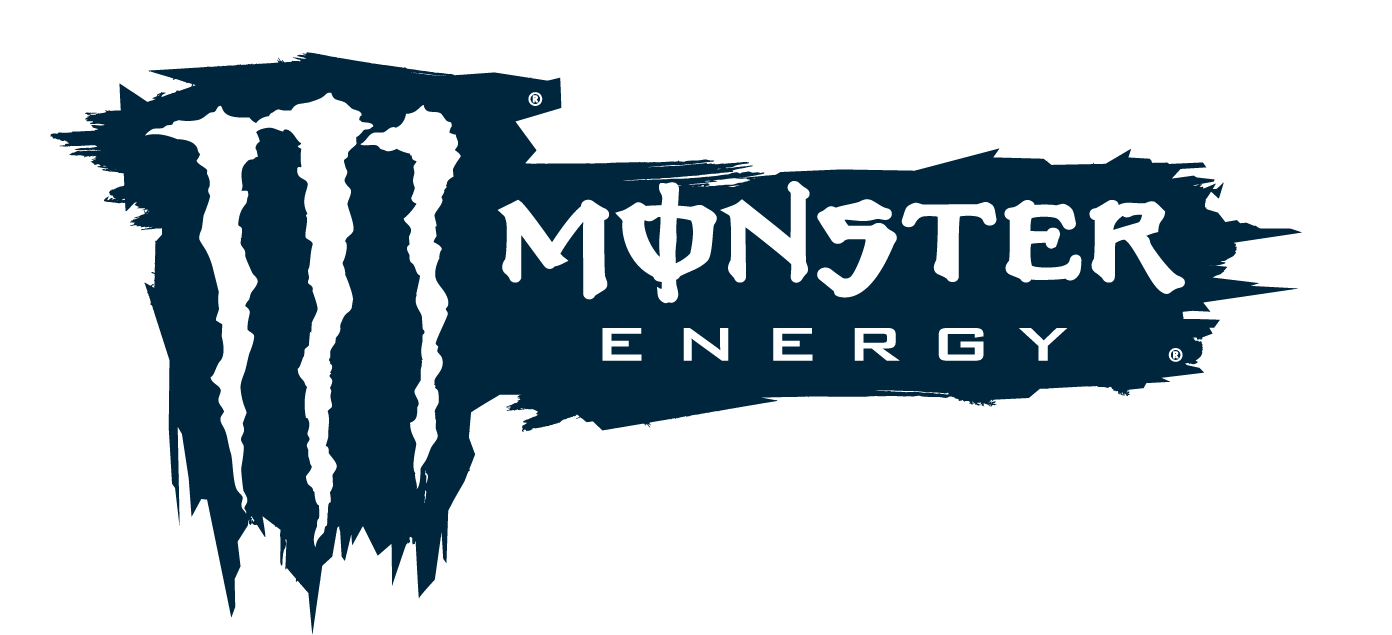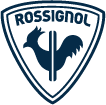In the early onsets of snowboard competitions; boards lacked metal edges, boots lacked bindings and events lacked structure. These primitive conditions did nothing to diminish the competitive spark that smoldered then ignited inside the bodies of early competitors. This competition would lead to solutions to the early issues of snowboarding and its events. Bigger sponsorships helped refine competitions with the polished byproduct appearing in events like Natural Selection, X-Games and The Olympic Winter Games. Snowboard manufacturers began feeling the push of competitors giving way to metal edges, bindings and numerous other technology progressions. The advancement of snowboarding as a whole only fed the flame of competition among snowboarders.
As the innovations in snowboards began standardizing, athletes looked for a competitive edge in their bodies. If you follow your favorite shredders on social media it’s commonplace to see them spending time in gyms; tending to strength and endurance. Carefully cultivated calories follow to replenish muscles. Athletes build muscle memories into their bodies through repetition year around; seasons be damned. Trading winter’s snow for summer’s foam pits and airbags, many begin laying the foundation for tricks they’ll fine-tune later. Much like the technology of snowboarding, the overall physical finiteness of athletes has become a sport standard leaving competitors looking for the next leg up. To find it, they’ve gone into the mind.

All physical movements are rooted in the mind; before there is motion, there is thought. Sports psychology is defined by the American Psychology Association as “a proficiency that uses psychological knowledge and skills to address optimal performance and well-being of athletes, developmental and social aspects of sports participation, and systemic issues associated with sports settings and organizations” (APA.org, 2008). The more an athlete can optimize their minds for performance, the better that athlete can perform.
1. Cognitive behavioral skills training for performance enhancement
Imagine the journey athletes make to stand on the podium of any of the events mentioned. We see them take the stage and smile before playfully attempting to take a bite out of the medal on their neck. What we don’t see are the months and years that lead to that small elevated platform above their rivals. Finding a desire to continue to practice day in and out, to believe they can squeeze in one more rotation, to see it in their mind’s eye and to finally silence the jitters before dropping down the halfpipe. This is where Cognitive-behavioral skills training comes into play. Sports psychologist help athletes set goals, find their motivation, quiet their minds at the height of completion and generate positive self-talk.
2. Counseling and clinical interventions
Some of our brightest lights of inspiration come from (or go to) really dark places. Sometimes that void comes from a setback in their athletic journeys like a loss or injury. Other times it can be a stress response like overtraining, under-eating or lacking motivation. That dark place can even be the substances that linger in the party scene often associated with the rockstar lifestyle of the sport. Through counseling and clinical interventions, sports psychologists strive to bring our lights back to a healthy place.
3. Consultation and training
Most of the snow sports we love tend to be thought of as individual sports because there is only one person on the mountain and only one person on the podium. Behind every athlete is a team. Coaches, trainers, physicians, fellow competitors, physical therapists, etc. help put each shredder on the podium. The consultation and training aspect helps with the overall cohesion of the team.

Locally at University of Utah, the athletic department has an entire team dedicated to athlete psychology and wellness which further supports the needs and benefits of sports psychology for athletes.
You may come to this part of the article and think, “that’s great for pros, but I don’t think this is something I could benefit from.” On the contrary, you don’t have to be a professional to train like one. If you’re coming back from an injury and have to relearn to trust a body part, if you have a big mountain objective that will require lots of training and a quiet mind or if you want to learn to rely on your tour buddies and create a strong group dynamic with clear communication then you can benefit from a few sessions with a sports psychologist.
















